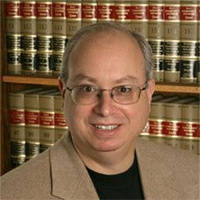 Venice Bankruptcy & Debt Lawyers, California
Venice Bankruptcy & Debt Lawyers, California
Sponsored Law Firm
-
 x
x

Click For More Info:
-
Bayer Wishman & Leotta
1055 Wilshire Blvd Suite 1900 Los Angeles, CA 90017» view mapBankruptcy & Debt Experience, Affordability, & Expertise
The Los Angeles bankruptcy lawyers of Bayer Wishman & Leotta have successfully represented clients in the Los Angeles area for over 37 years. Bankruptcy is all we handle.
800-942-4591
Sponsored Lawyers
1-10 of 55 matches
General Practice
Jeffrey Costell is a practicing attorney in the state of California. He graduated from Georgetown University with his J.D. in 1980. He currently works for Costell & Cornelius, Law Corporation specializing in real estate law.
(more)Estate, Bankruptcy & Debt
Kahlil McAlpin is a lawyer serving Playa Del Rey in Chapter 7 Bankruptcy and Bankruptcy & Debt cases. McAlpin Law Realty 8616
(more)


 Leon Bayer Los Angeles, CA
Leon Bayer Los Angeles, CA Practice AreasExpertise
Practice AreasExpertise


